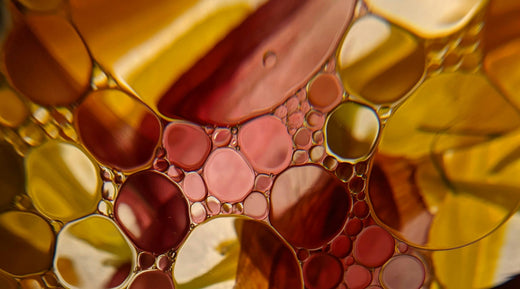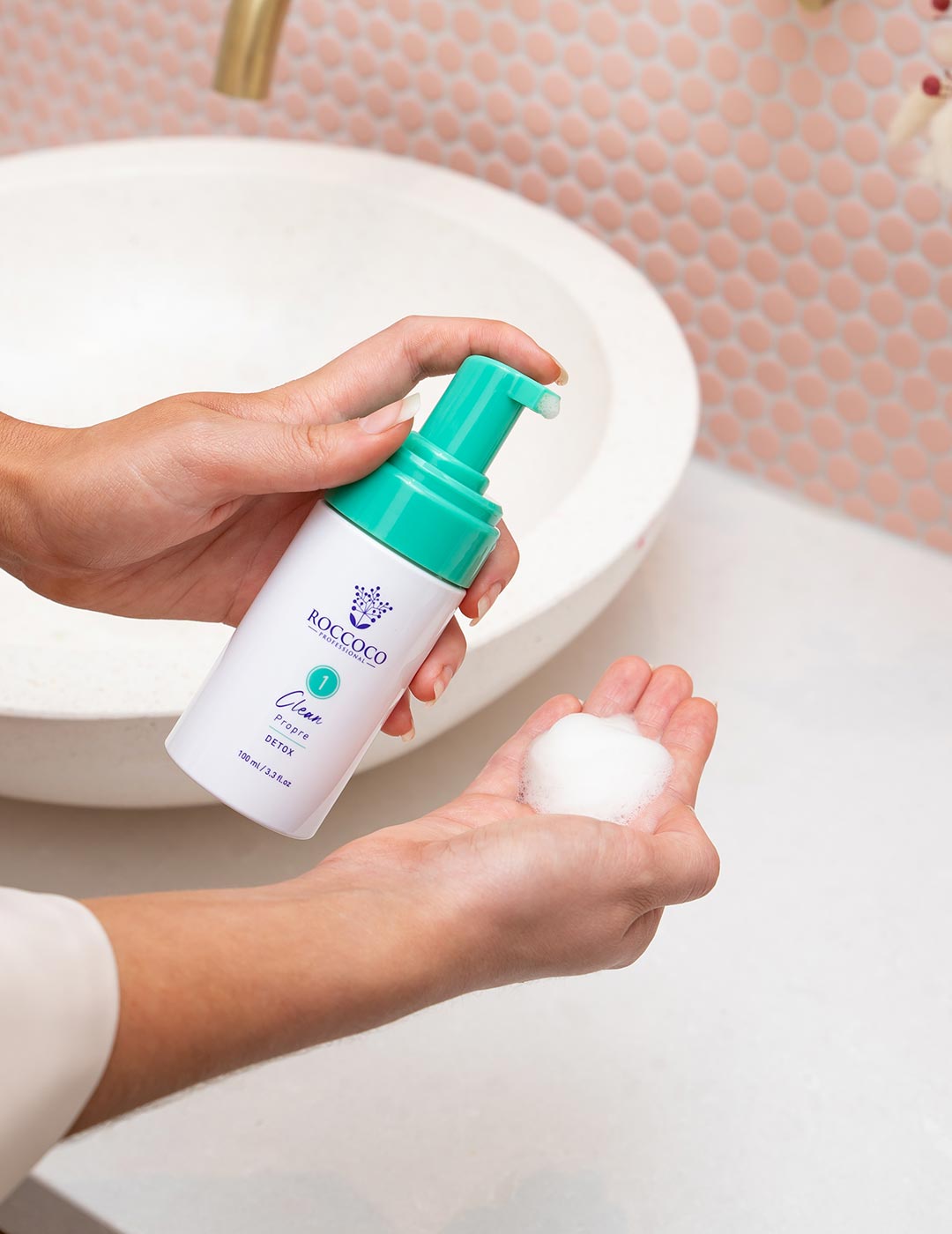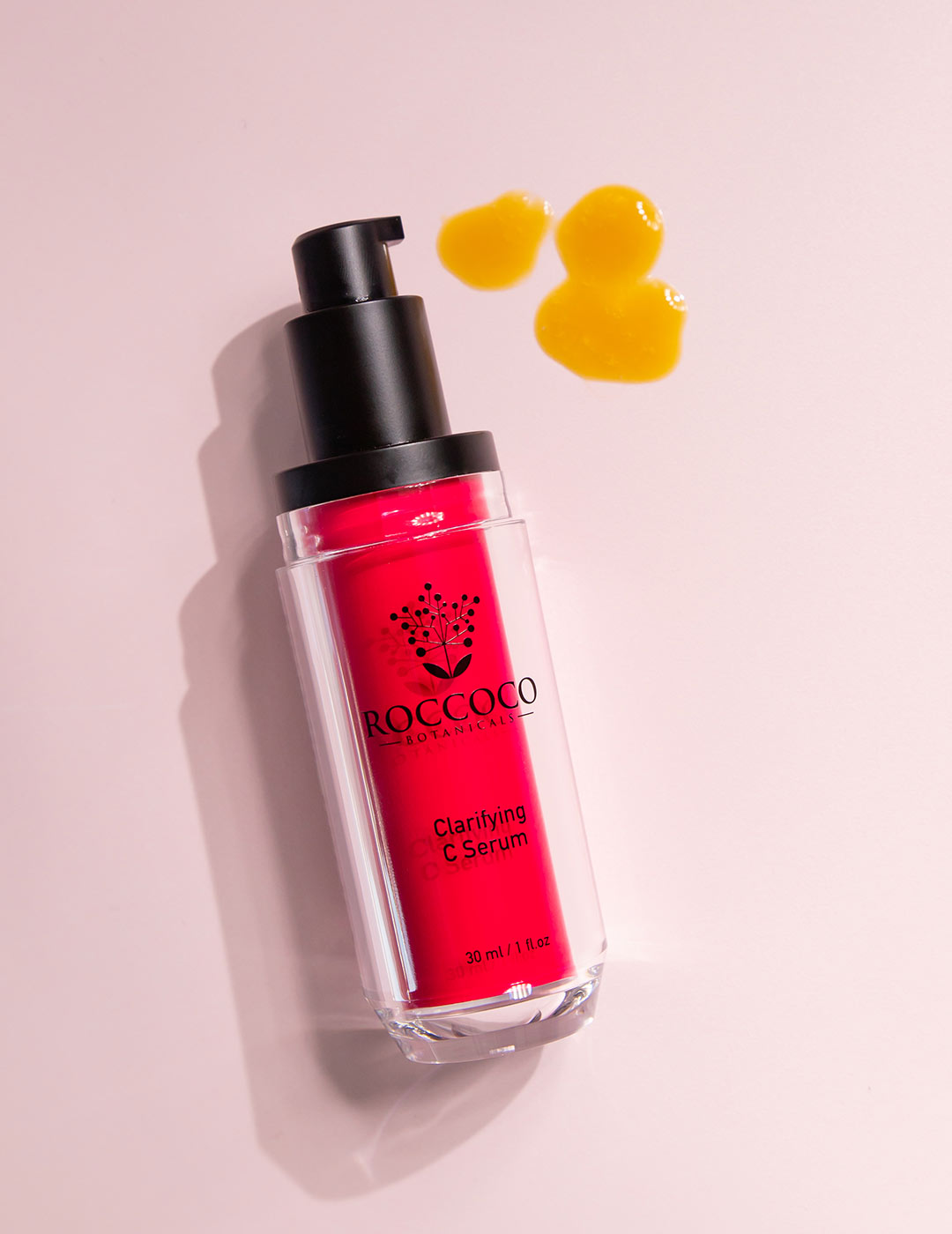Are you tired of waking up with dull, tired-looking skin?
The solution may be simpler than you think. Getting enough sleep is not only essential for your overall health and well-being, but it is also crucial for maintaining healthy skin.
Sleep plays a vital role in the body's natural healing and repair processes, including the rejuvenation of skin cells.
During deep sleep, your body produces collagen, a protein that keeps your skin firm and elastic.

The Science Behind The Impact Of Sleep On Skin
Sleep is a crucial time for our bodies to repair and rejuvenate, and this includes our skin. During sleep, our bodies enter a state of regeneration, repairing damage caused by stress, ultraviolet rays, and other harmful exposures.
Our skin also produces more collagen while we sleep, which prevents sagging. More collagen means skin is plumper and less likely to wrinkle. Not only that, but our skin cells regenerate faster at night than during the day.
In fact, a particular stage of sleep, known as deep sleep, is when the most significant repair work happens. During this time, the growth hormone function spikes, which results in cell and tissue repair.
Therefore, the better quality of sleep we get, the more time our skin has to repair and rejuvenate itself.
Furthermore, while we sleep, our body also increases blood flow to the skin, which contributes to a healthy complexion.
Sleep deprivation, on the other hand, can lead to a decrease in circulation, resulting in a dull and lifeless complexion.
Benefits of a Good Night's Sleep for Skin
A good night's sleep can do wonders for your skin. When you have adequate, quality sleep, your skin can effectively repair any damage from the day.
This includes recovery from environmental stressors such as exposure to the sun and pollution. When this repair process is complete, your skin will look and feel healthier.
Not only that, but a good sleep routine can lead to fewer wrinkles. Skin makes new collagen when you sleep, which prevents sagging.
More collagen means skin is less likely to wrinkle. So, getting more sleep can help you maintain a youthful appearance for a longer period.
Lastly, a well-rested person is likely to have a brighter complexion. This is because your body boosts blood flow to the skin while you sleep, giving you a healthy glow.
On the other hand, when you don't get enough sleep, your complexion can look drab, ashen, or lifeless.

Common Skin Issues Caused by Lack of Sleep
Lack of sleep can lead to a host of skin problems. One of the most common skin issues linked to inadequate sleep is dull and lackluster skin.
This happens because lack of sleep can lead to slower collagen production, resulting in less vibrant skin.
Moreover, insufficient sleep can increase the level of stress hormones in the body, which can lead to inflammation and breakouts.
This inflammation can also lead to skin sensitivity and irritations. Continued sleep deprivation can even result in more severe skin conditions like eczema and psoriasis.
Additionally, lack of sleep can cause the skin to lose its ability to retain moisture, leading to dryness and premature ageing.
You may notice that your skin looks less youthful and has less of a glow when you're sleep-deprived. This is because your skin's balance of pH levels gets disrupted, leading to a decrease in the skin's ability to produce moisture.
Tips for Improving Sleep Quality for Better Skin Health
Improving your sleep quality can have a significant impact on your skin health. Firstly, make sure to establish a regular sleep schedule.
By going to bed and waking up at the same time every day, you can set your body's internal clock to expect sleep at a certain time night after night.
Try to stick as closely as possible to your schedule on weekends to avoid a Monday morning sleep hangover.
Secondly, create a restful environment. Make your sleeping environment as dark as possible and keep the temperature cool.
Consider using earplugs, an eye shade or a white noise machine if necessary. A calm, restful sleeping environment can help you get the quality sleep you need for healthier skin.
Finally, pay attention to what you eat and drink. Avoid large meals, caffeine, and alcohol close to bedtime. All of these can disrupt your sleep cycle and impact your skin health negatively.
Skincare Routine for Maximizing the Benefits of Sleep
A proper skincare routine before bed can significantly enhance the benefits of sleep for your skin. Start by thoroughly removing any makeup and cleansing your skin to get rid of the day's dirt and grime.
This allows your skin to breathe and promotes better absorption of skincare products.
Next, apply a serum, overnight mask or moisturizer packed with skin-repairing ingredients. These products work with your skin's natural repair process that happens during sleep to fight signs of aging and damage.
You can also use a night cream that is typically thicker and more hydrating than your daytime moisturizer.

Foods That Promote Better Sleep and Healthier Skin
Certain foods can help promote better sleep and, in turn, healthier skin. Foods rich in magnesium, like almonds and walnuts, can improve sleep quality, especially for those who have insomnia.
Magnesium is a mineral involved in hundreds of processes in the human body, and it's essential for brain function and heart health.
Moreover, fruits like cherries, kiwis, and bananas can also improve sleep quality. Cherries, especially tart cherries, are one of the few natural sources of melatonin, the hormone responsible for regulating the body's internal clock.
Kiwis are rich in serotonin, a brain chemical that helps regulate your sleep cycle.
Lastly, fatty fish like salmon, tuna, and mackerel are rich in omega-3 fatty acids and vitamin D, both of which can improve sleep quality by increasing the production of serotonin.
Sleep is vital for healthy, glowing skin. From cell regeneration to collagen production, many essential skin functions occur during sleep.
So, if you want to wake up with a refreshed and revitalized complexion, make sure you're getting the recommended 7-9 hours of sleep each night.
By improving your sleep habits, optimizing your nighttime skincare routine, eating the right foods, using natural remedies for sleep, and managing stress, you can help your skin repair and rejuvenate itself.
If you’re looking for a short-cut (or you’ve had a few too many late nights recently), try our Overnight Recovery Mask for a glowy skincare boost.
Read more

Does the idea of using oil cleansers on acne-prone skin worry you? Many people with oily and blemish-prone skin tend to steer clear of anything oil-based, thinking it will only worsen their breakou...

The skin is an incredible organ that acts as our body's first line of defense against external threats. And it's all thanks to the skin barrier function. The skin barrier function refers to the pro...



